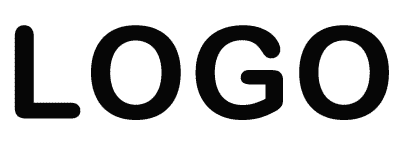[ad_1]
Plastic pollution has become a major environmental issue, causing harm to wildlife, ecosystems, and human health. In an effort to combat this crisis, many individuals and businesses have started to reduce their use of plastic products. Amongst the forefront of this movement is the war on plastic food wrapping paper.
Food wrapping paper is an essential product in the food industry, used to package and preserve perishable goods. However, many of these wrapping papers are made from plastic materials that are not easily recyclable, leading to a significant amount of plastic waste ending up in landfills and oceans.
In response to this problem, several companies have begun to develop alternative food wrapping papers that are more environmentally friendly. These new options are often made from materials such as plant-based fibers, recycled paper, or compostable plastics. Not only are these materials better for the environment, but they also help to reduce the carbon footprint associated with food packaging.
One company leading the charge in the war on plastic food wrapping paper is Bee’s Wrap. Founded in 2012, Bee’s Wrap produces sustainable food wraps made from organic cotton and beeswax. These wraps are reusable, biodegradable, and free from harmful chemicals, making them a popular choice for eco-conscious consumers.
Another innovative solution comes from ApeTape, a company that offers a range of sustainable packing tapes made from paper and biodegradable adhesives. These tapes are strong, durable, and compostable, providing a plastic-free alternative for sealing food packages and boxes.
In addition to individual companies, several governments and organizations have also taken steps to address the issue of plastic food wrapping paper. In the UK, for example, a tax on single-use plastics has been introduced to encourage businesses to use more sustainable packaging materials. Similarly, the Ellen MacArthur Foundation has launched the New Plastics Economy initiative, which aims to create a circular economy for plastics and reduce plastic pollution.
As consumers become more aware of the environmental impact of plastic waste, the demand for sustainable food wrapping paper is expected to continue to grow. By choosing products that are better for the planet, individuals can play a crucial role in the war against plastic pollution and help create a more sustainable future for generations to come.
[ad_2]

